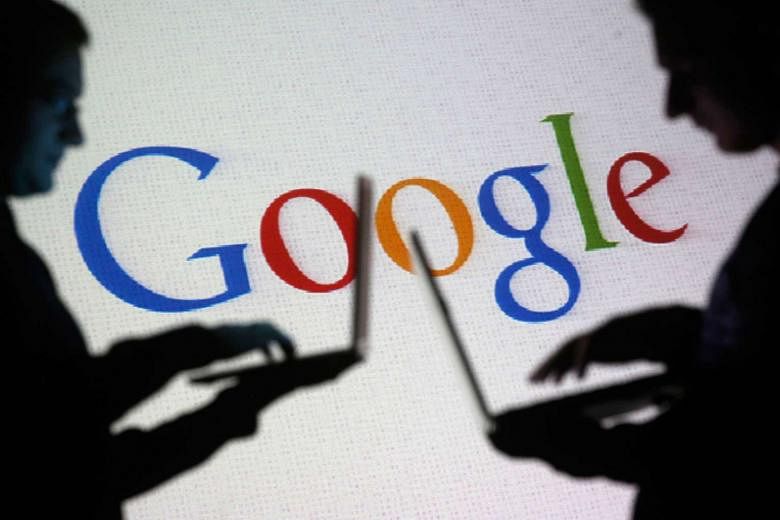Legal experts say Google and other websites could be forced to censor and monitor the Internet for defamatory content in Australia following a landmark case in which the search firm was found to be liable for content on sites it links to.
In what has been labelled as a "watershed moment" for the Internet in Australia, the Supreme Court of South Australia found that Google was liable for defamatory content published in search result "snippets", auto-complete suggestions and even sites to which it provides links. The court is due to hold further hearings about damages.
The decision followed a six-year battle by an Australian health researcher, Dr Janice Duffy, after Google linked to claims about her that were published by a United States-based site called the Ripoff Report. In addition to the hyperlinks, typing in her name to Google's search bar led the auto-complete to display "Janice Duffy Pyschic Stalker".
She had used online psychics and then complained about them on the Ripoff site, which allows people to post complaints about people or businesses. Some of the psychics then used the site to accuse her of harassing and stalking psychics.
Legal experts in Australia warned that the consequences of the decision could be "enormous" and it could effectively encourage Google to censor its search results.
A note on the case by two Australian lawyers, Mr Natale Ilardo and Mr Scott Traeger, said Google's searches were performed automatically, but it could also manually tag websites to remove or censor them - a role it has rarely performed until now. "Other than in respect of websites considered to be truly morally objectionable, Google has generally been loath to censor its (search) results in this manner," the note said. "That may now, however, be about to change."
The court said Dr Duffy had asked Google to remove links to the material in September 2009 but it did so only in November 2011, nine months after she filed a lawsuit. However, the auto-complete suggestion - which she requested be removed in July 2011 - remained.
Dr Duffy said prospective employers would use the search engine to look her up and the material had caused her financial and psychological damage.
In its decision, the court ruled that Google was a "secondary publisher" of data and that it was liable for defamatory content unless it was not aware of the material. "The plaintiff gave notification, the defendant failed to remove (them) within a reasonable time," it said.
The court said a reasonable time to remove the material would have been about a month after it was notified in 2009.
"More than anything, this case shows that we need better, more legitimate mechanisms for addressing complaints about harmful material online," Dr Nicolas Suzor, an expert on Internet law at Queensland University of Technology, wrote on The Conversation website.
"The case is not over and there are still hearings scheduled on Google's defence that the defamation was trivial, or that Dr Duffy was unlikely to suffer harm.
Google did not respond to a request for comment.

